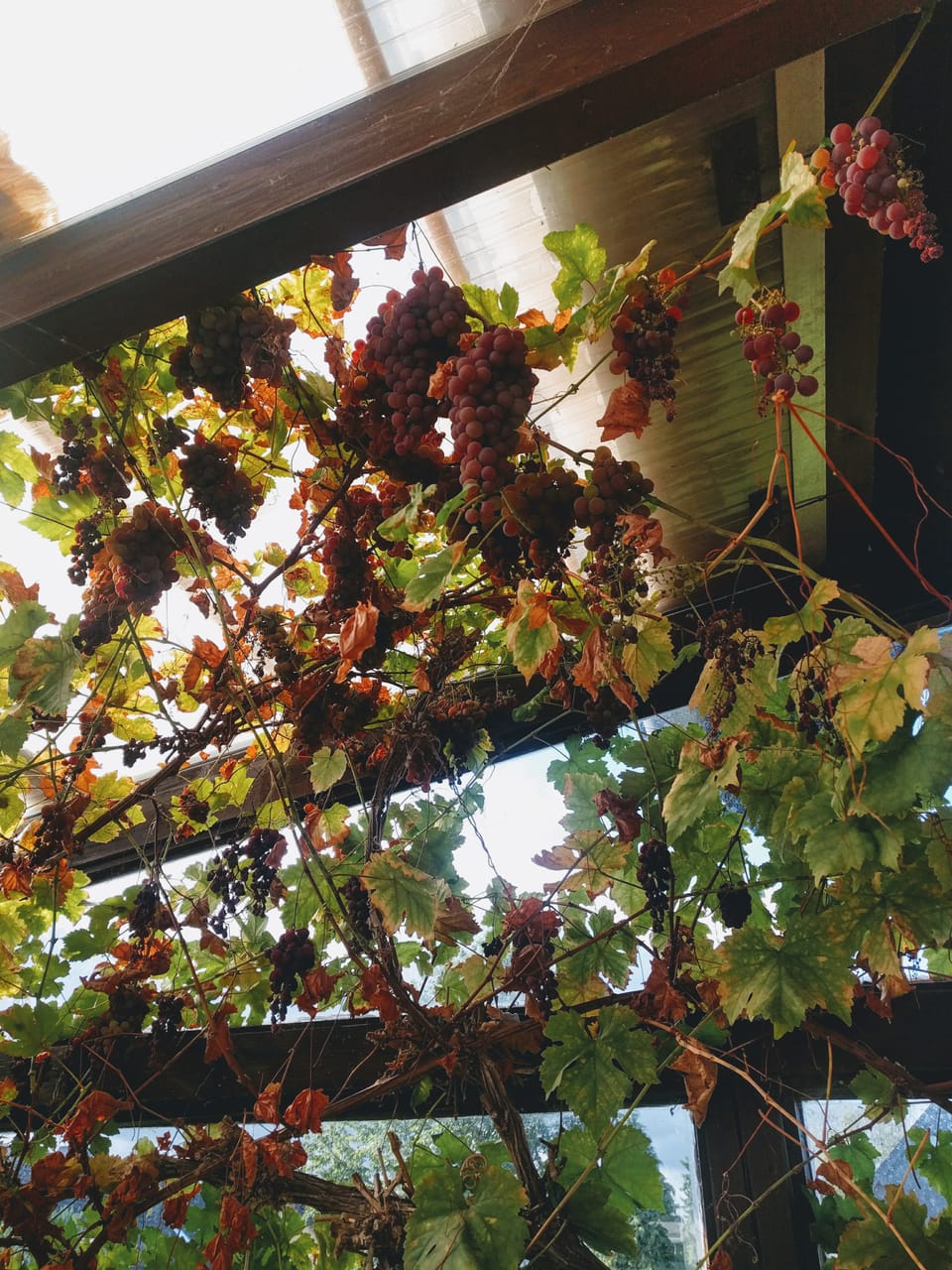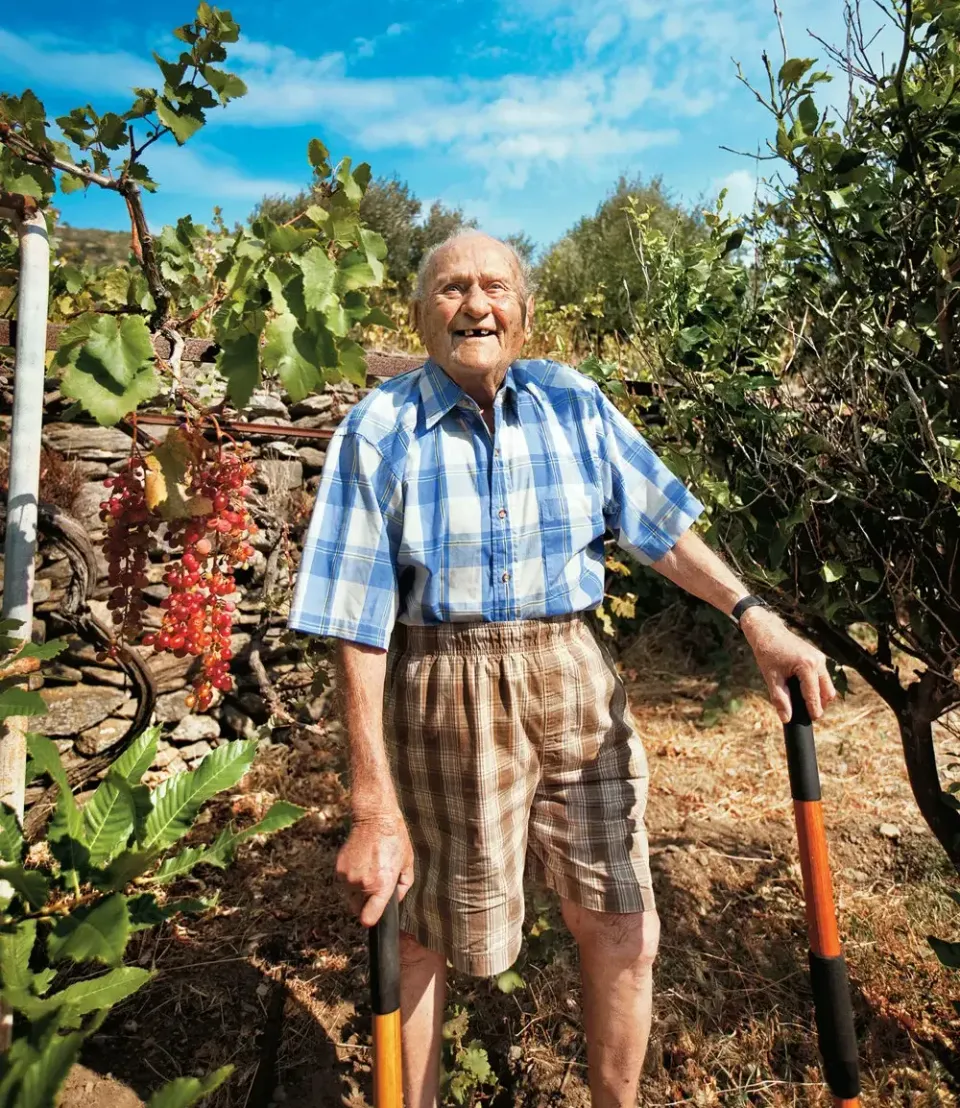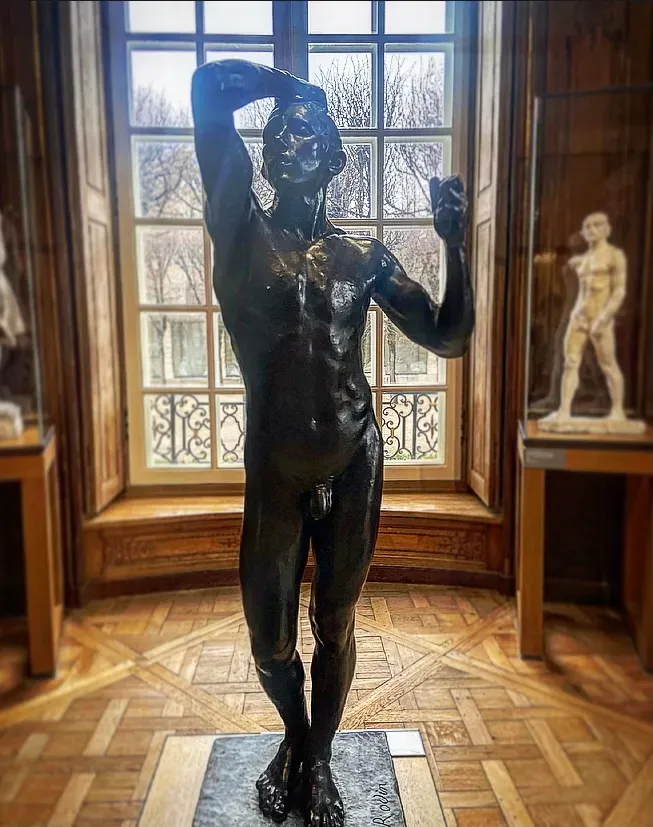Here Comes the Sun
Wisdom can be like interpreting a Dalí painting. The pages of a book become the wings of a bird, the sails of a ship become magnificent butterflies, clocks slumped over tree limbs resemble napping sloths, and elephants show off their stilted legs metamorphosing into flamingos.

Dinner after 8, siesta afternoons, and other Spanish manifiestos
Quote
"De la panza sale la danza." - Spanish Proverb
Translation: "From the stomach comes the dance." - still a Spanish Proverb.
The city of Madrid, the capital of España, enjoys an average of 350 sunny days a year. Solar energy can power up a home's heating systems and electric radiators. It is part of the power trio (water, carbon dioxide, and sunlight) that gives plants the ability to make their food (carbs) and use those sugars to grow. We humans then eat the plants and use that energy to do things like dance, play sports, and think about what's for dinner.
Mi casa es su casa
Madrid is a bit like a home away from home for me.
Oh, nice, you have a house there?
Ha, no. But my eggs do.
Huh?
Uh-huh. Allow me to eggsplain.
(Spits out water).
My eggs are on ice in Madrid. Not once, but twice I flew to Spain, rented an Airbnb, completed a round of egg freezing, bought my medications, paid for five years of storage, and flew home, all for less than the average cost of one round of egg freezing in America (not taking into consideration some rarer company-sponsored insurance plans, which have now expanded to cover some or all of cryopreservation). I was fortunate enough to be able to work remotely during this time, which contributed to that homey feeling.
Madrid also feels familiar because it is where I crossed paths with my now husband. A stopover for him, a medical tourism visit for me, a Bumble swipe, and the rest is history.
Wait, what?
Yeah, I know. We don't have time to tell that story though. Stay focused.
Despite all of these warm and down-home feelings, there were aspects of this city that did not align with my life in the US at all. For one, the beer I witnessed people enjoying on their lunch break, which lasts far longer than 30 minutes; the glass of wine paired with grilled shrimp I saw older couples enjoying mid-day, in the sun of course, and those late dinners that my husband and I rather embraced as we settled into the Spanish culture, which became a nightly thing and not just a Friday or Saturday night thing. Growing up in a small town in Maine dinner time was around 6 pm (18h). Moving to NYC this got pushed to “dinner at 8,” (20h) but Spain was an entirely new bag of chips (made with olive oil). We tended to eat dinner around 10 (22h).
But don't they say not to eat late at night? I'm always hearing about how bad that is.
Where did you learn that? A graduate of Influencer University?
Actually...yea.
We have heard it all at this point about not eating late at night. For example, intermittent fasting has had an uptick in popularity since the beginning of the pandemic. It became a way to control eating late into the night as people found their work schedules went from 9-5 to all time zones. It also became a way for people to control something during a time when everything seemed out of their control. As you may understand, this way of eating may have some advantages, but also some disadvantages; does everything need a label?
Why should one never eat late? And what time is considered “late?” What food is one eating, how much, and how fast is it eaten? When does one eat breakfast? Does one eat breakfast? So much is at play here, and yes, not eating large portions very late into the night or snacking until 2 am is a good guide to be consistent with, but not allowing yourself to not eat after, let’s say, 7 pm (19h), even when you are starving, is not. Let’s explore a more laid-back approach.




